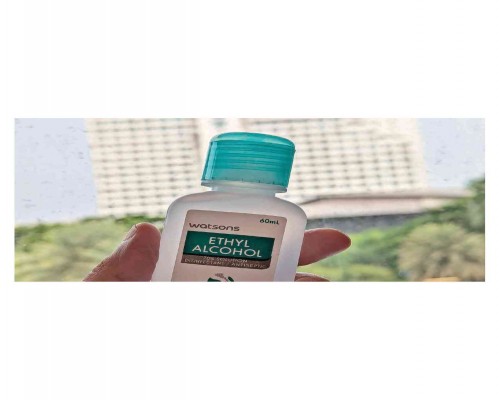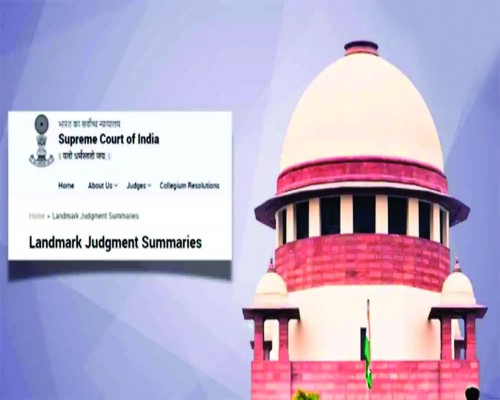States Have the Right to Regulate Industrial Alcohol: Supreme Court

States Have the Right to Regulate Industrial Alcohol: Supreme Court
The Supreme Court stated on Wednesday that states have the authority to regulate the production, manufacture, and sale of industrial alcohol. This ruling aligns with the constitutional distribution of powers, granting states exclusive rights over the regulatory scope of industrial alcohol.
Key Points:
• The Supreme Court upheld its 1990 seven-judge bench decision with an 8:1 majority.
• It clarified that industrial alcohol falls under the regulatory purview of “intoxicating liquors” in the state list.
In this decision, the Supreme Court affirmed that while industrial alcohol primarily consists of ethyl alcohol (95% ethanol), it cannot be classified in the same category as potable alcohol used for human consumption. The ruling emphasized that states, not the central government, hold jurisdiction over its regulation.
Justice B.V. Nagarathna, who penned the judgment along with the majority opinion, stated that the Synthetic and Chemical Rules Amendment Bill of 1962 did not include industrial alcohol as an item regulated solely by the central government. This is because its primary use lies in industrial processes, not as a consumable product. Therefore, states retain the right to govern its manufacture, distribution, and sale.
Additionally, the court addressed provisions under the 52nd Amendment Act, which stipulated that states must have the authority to impose restrictions on industries involving "intoxicating liquors." This means that states can enact specific rules and limitations regarding industrial alcohol as a part of their regulatory powers.
This judgment reaffirms that the central list covering “intoxicating liquors” does not extend to states’ regulatory actions over industrial alcohol. Under the ambit of this decision, industrial alcohol will remain an area regulated according to the demands of the respective states, without the need for central oversight or approval.


















